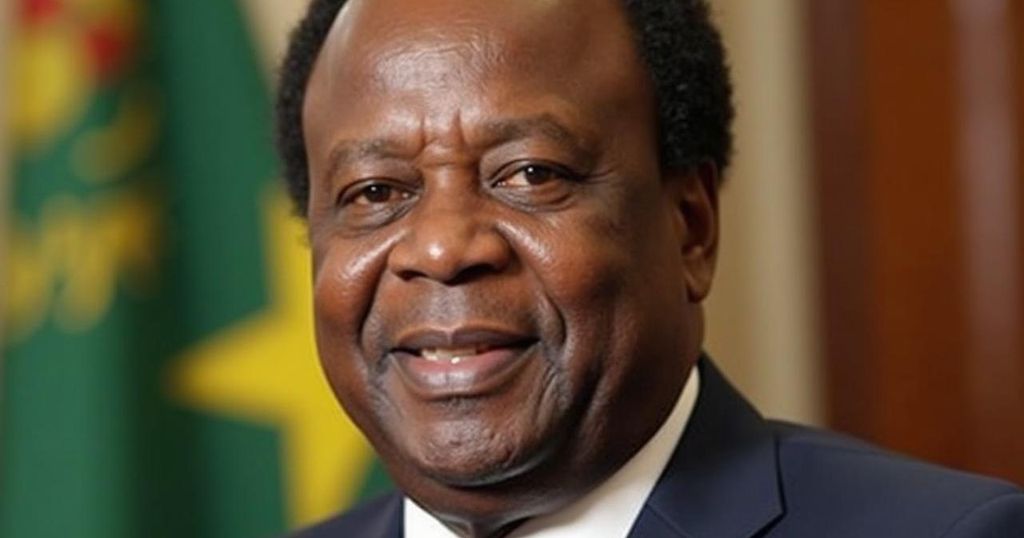The Cameroon government has imposed a ban on media discussions about President Paul Biya’s health, labeling it a matter of national security. Interior Minister Paul Atanga Nji issued a directive prohibiting any debate on the subject and establishing monitoring cells to track online discussions. Government officials have dismissed health speculations as unfounded, prompting criticism over censorship and raising concerns about transparency and political stability in the country.
In a controversial move, the Cameroonian government has prohibited media outlets from discussing the health of President Paul Biya, who is 91 years old and has not made a public appearance since early September. The ban was announced by Interior Minister Paul Atanga Nji in a communication dated October 9, which emphasized that any media discussions regarding the president’s health are deemed “strictly prohibited” and a matter of national security. The directive includes the establishment of monitoring cells designed to oversee online discussions related to this issue. Asserting authority over public discourse, the government labeled the circulating rumors about President Biya’s health as “pure fantasy”. Government spokesperson Rene Sadi stated that the president had undertaken a private visit to Europe following the China-Africa summit a month prior. He reassured the public that President Biya is in “good health” and would return to Cameroon imminently. The ban has sparked criticism from journalists and media watchdogs, who argue that it exemplifies state censorship. Hycenth Chia, a journalist from Canal 2 International, remarked on the necessity for the public to inquire about the president’s wellbeing, contrasts being drawn with international norms where leaders’ health is subject to public discourse without restriction. Angela Quintal, head of the Committee to Protect Journalists’ Africa programme, described the government’s justification for the ban as outrageous, indicating that utilizing national security to suppress significant public interest information is unacceptable. Given that President Biya has been in power for over 41 years, the absence of a clear succession plan raises concerns about potential political instability in the event of his demise. The situation embodies the complexities of governance and media freedom in Cameroon, prompting questions around transparency and democratic principles.
The issue surrounding President Paul Biya’s health is not only significant due to his advanced age but also because he has been in power for more than four decades. This duration of leadership places him amongst the longest-serving leaders in Africa, closely followed by Teodoro Obiang Nguema Mbasogo of Equatorial Guinea. The recent ban on discussing his health reflects a larger pattern of limited media freedom within Cameroon, where governmental control over information has been a longstanding concern. The state’s fear of instability and lack of a succession plan are critical factors to consider in the context of the recent ban.
In conclusion, the Cameroonian government’s ban on media discussions regarding President Biya’s health has ignited significant controversy and draws attention to the delicate balance between state security and public transparency. The administration’s harsh stance towards rumors surrounding the president’s health raises concerns about freedom of expression and the role of the media in a democratic society. Observers fear that the lack of information regarding the president’s condition, coupled with the absence of a succession plan, could lead to political instability in the region.
Original Source: www.aljazeera.com







